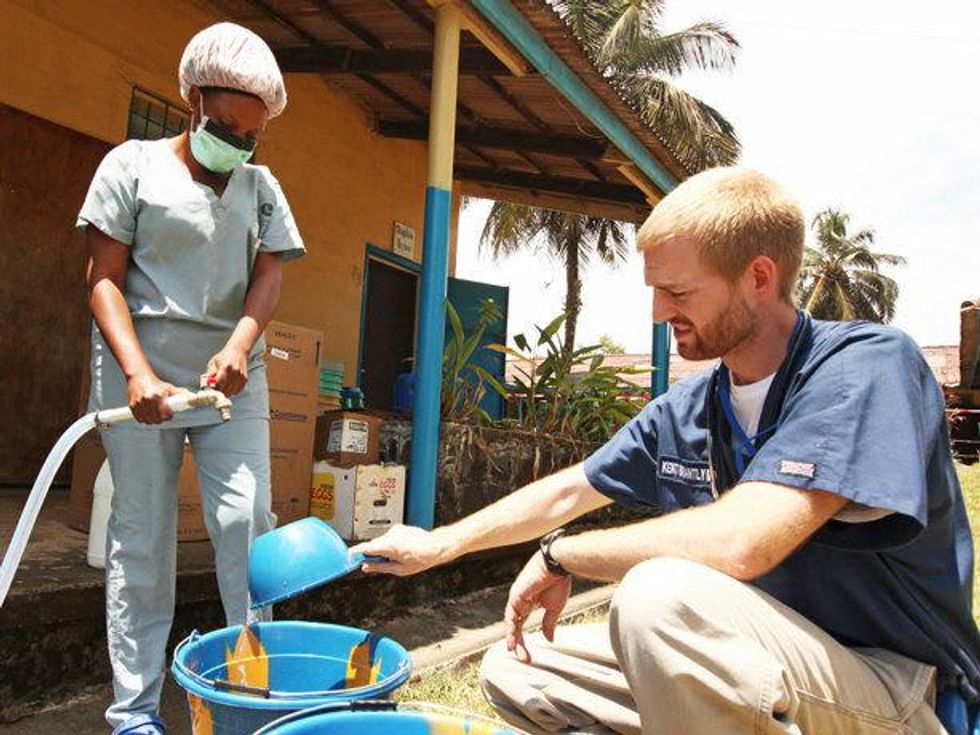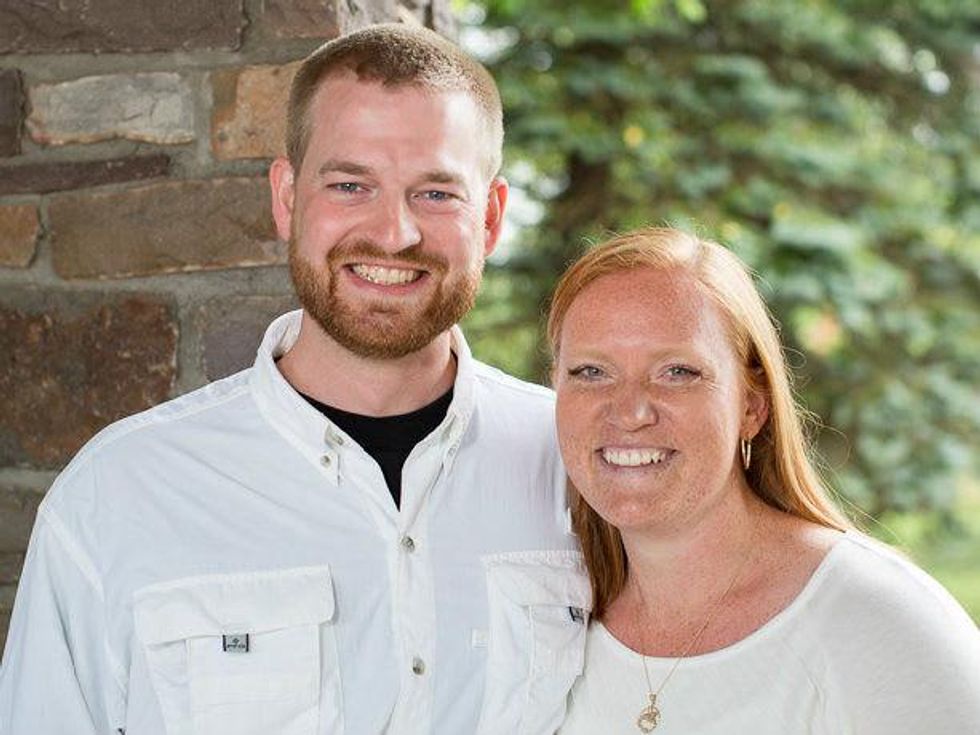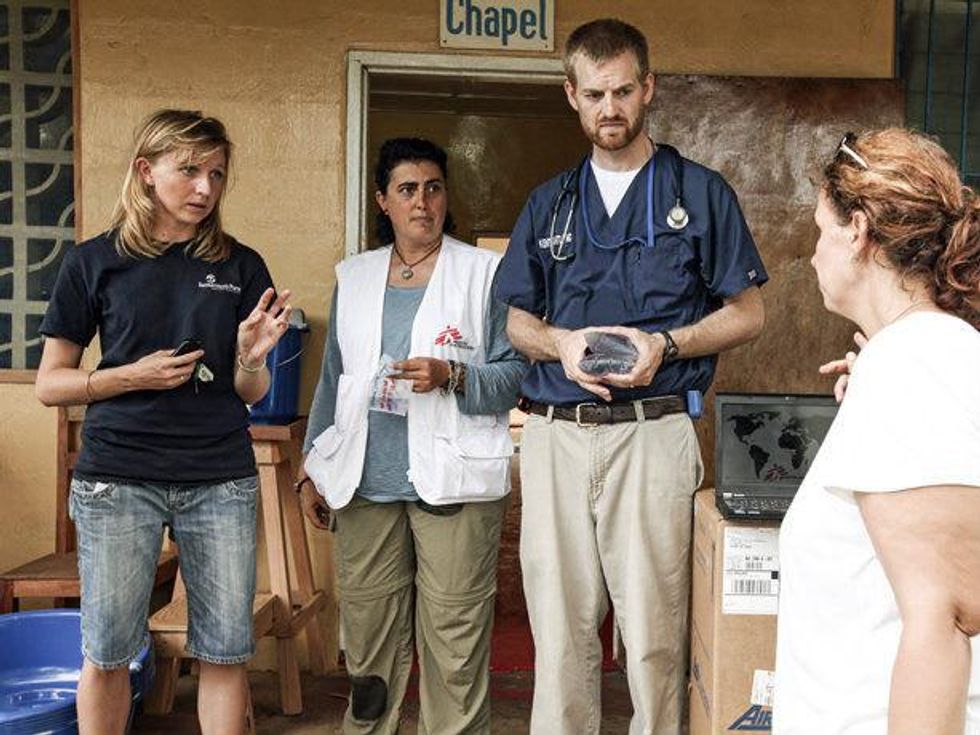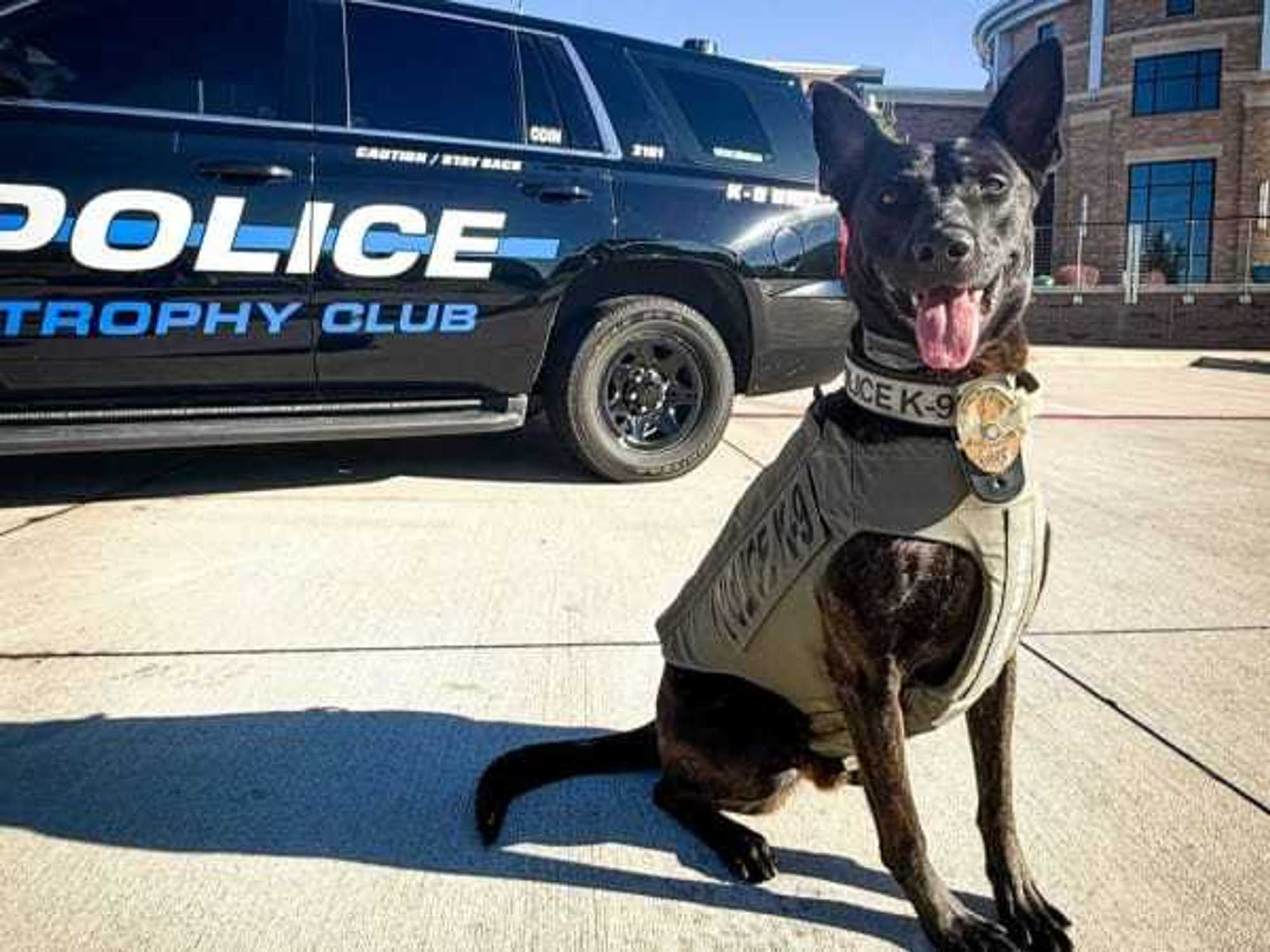Brave Doctor Returns
Former Fort Worth doctor infected with Ebola returns to U.S. for treatment
Dr. Kent Brantly, a family practice physician who contracted the deadly Ebola virus while treating patients in Liberia, is now back home in the United States. He arrived at Dobbins Air Force Base Saturday morning and was transported to Emory University Hospital in Atlanta, where an isolation unit was set up in collaboration with the Centers for Disease Control and Prevention (CDC), which has headquarters nearby.
Brantly, 33, had local ties: He completed his four-year residency at John Peter Smith Hospital in Fort Worth, before beginning a two-year fellowship with Christian aid organization Samaritan’s Purse in October 2013. He served as a general practitioner, delivering babies and performing surgeries at a mission hospital in the Monrovia suburb of Paynseville.
“He is glad to be back in the U.S. I am thankful to God for giving him the strength to walk into the hospital.” — Dr. Kent Brantly’s wife, Amber
According to the Associated Press, despite the risk, he decided to stay and aid in the Ebola crisis. His wife, Amber, and their two children, ages 3 and 5, were living with him in Liberia but had returned home prior to his showing any signs of illness.
“It was a relief to welcome Kent home today,” Amber said in an August 2 statement on the Samaritan’s Purse website. “I spoke with him, and he is glad to be back in the U.S. I am thankful to God for his safe transport and for giving him the strength to walk into the hospital.”
Nancy Writebol, an American missionary with SIM who also contracted Ebola in Liberia, is expected to arrive in Atlanta within the next few days. Earlier this week, Brantly turned down the offer of a dose of an experimental serum and asked that it be given to Writebol.
According to the New York Times, Dr. Bruce S. Ribner, an infections disease specialist at Emory, said in a press conference Friday that both patients will receive “supportive care” focused on maintaining their vital functions, like blood pressure and breathing.
“We depend on the body’s defenses to control the virus,” he said. “We just have to keep the patient alive long enough in order for the body to control this infection.”
“We thank God that they are alive and now have access to the best care in the world,” said Franklin Graham, president of Samaritan’s Purse, in a statement on the organization’s website. “We are extremely thankful for the help we have received from the State Department, the CDC, the National Institute of Health, WHO and, of course, Emory Hospital.”
There is no known cure for Ebola, which was first discovered in 1976. This disease is not airborne; it spreads through direct contact with blood and other bodily fluids as well as “environments contaminated with such fluids,” according to the World Health Organization. The current outbreak in West Africa is being called the deadliest in history.




 Fried rice and chicken at Dallas Spicy Chinese Cuisine. Photo courtesy of Dallas Spicy
Fried rice and chicken at Dallas Spicy Chinese Cuisine. Photo courtesy of Dallas Spicy